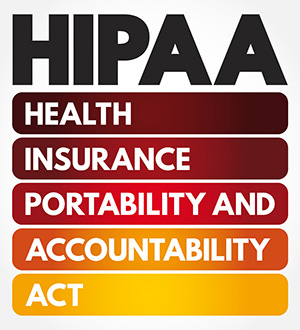 The number of non-profits bound by HIPAA compliance is quite high. When dealing with ePHI or (Electronic Patient Health Information) it is mandatory for any organization to stick to the HIPAA regulation. The HIPAA regulation as a whole is spread over areas like healthcare providers. Therefore, schools, hospitals, pharmacies, or any non-profits retrieving confidential information in the process, fall in the category of healthcare providers.
The number of non-profits bound by HIPAA compliance is quite high. When dealing with ePHI or (Electronic Patient Health Information) it is mandatory for any organization to stick to the HIPAA regulation. The HIPAA regulation as a whole is spread over areas like healthcare providers. Therefore, schools, hospitals, pharmacies, or any non-profits retrieving confidential information in the process, fall in the category of healthcare providers.
HIPAA Self Evaluation
You can do a quick assessment to see where your organization is standing. You need to make sure:
- You have had all procedures and policies documented, maintaining all compliance. It must be retained for at least a 6 year period.
- All security documentations have been done appropriately. That includes preserving, communicating, maintaining, and accessing data. This takes into consideration other minor credentials, too.
- An independent, organization based Disaster and Emergency plan, in addition to the necessary Risk Management evaluation.
- Any kind of accession, reviewing and monitoring have to be documented accordingly.
- Last but not least, a fair documentation of all reporting from beginning to end.
If you are unable to comply with any of these, your audit will be unsuccessful.
Encryption & Physical Security
A HIPAA without enough data security is incomplete. For instance, the program should be covered by a strong firewall, system encryptions and with powerful password protection for individual accounts.
We are offering online and on site solutions that will assess your organization and provide you with detail description to what need to be done in order to be on the right path toward HIPAA compliance status.
Security First, then Compliance
Data breaches hurt patients, medical practices and businesses. Breach investigations are much more likely to occur than HIPAA audits. Data breaches can turn into expensive lawsuits. Only one federal agency conducts HIPAA audits, while many federal and state agencies enforce data breach penalties. We are focused first on protecting you against data breaches, then on compliance.



